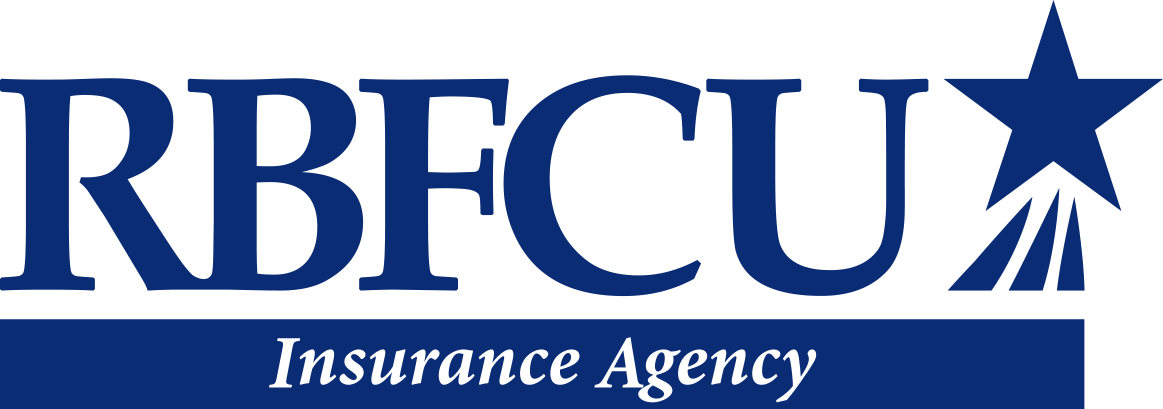Helping Family Members Navigate Medicare Enrollment Periods
Medicare is an essential part of health care for Americans who are 65 and older, as well as for eligible people with disabilities. But there’s a lot that seniors — and their families — must know to get the most out of their Medicare benefits.

Medicare Enrollment can feel a bit daunting for many people — especially for those who didn’t grow up with a smartphone in hand. To help make this process smoother for them, let’s explore some of the key questions that frequently come up about Medicare, specifically around the annual open enrollment period (October 15 – December 7).
When do parents and other older family members become Medicare eligible?
Generally, older Americans first become eligible for Medicare when they turn 65. But depending on your parent’s retirement and disability status, it can be a bit more nuanced than that milestone birthday.
The most common scenarios for eligibility1 include:
- Enrolling in Medicare when your parent starts collecting Social Security Retirement benefits (typically at or after age 65).2
- Automatically receiving Medicare Part A and Part B when your parent turns 65 — if they started collecting Social Security benefits at least 4 months before3 their 65th birthday.
But not all Medicare enrollments depend on age or retirement status.
For example:
- If your parent or a dependent with special needs has been getting Social Security disability benefits4 for at least 24 months, regardless of age, they should automatically receive Medicare.
- If your parent has ALS5 (a.k.a. Lou Gehrig’s disease), they may be eligible to receive Medicare as soon as they start receiving Social Security disability benefits.
- If your parent has end-stage renal (kidney) disease, they can enroll in Medicare (again, regardless of age) provided they meet eligibility requirements.6
» Tip: Not sure which Medicare Enrollment path your family member should follow? This Medicare.gov selection tool7 can help.
How does one begin the Medicare Enrollment process?
If your parent has waited until age 65 or later to collect their Social Security Retirement benefits, they’ll need to contact Social Security to enroll in their Medicare benefits.
Once their Medicare benefits have been confirmed, you can help your elder create a Medicare.gov online account,8 if they haven’t already done so. Having an online account with Medicare.gov will make it easier to track their coverage, get prices for the medications they use and compare plans.
» Tip: Be sure to remind your elder to only access this account on a secure device that's not used by anyone outside of your family or home. You might also want to remind them how to choose secure passwords (and why they should keep them in a safe place).
How will your family member know which Medicare options to select?
The question will depend on many factors, ranging from their current health and financial status.
For starters, view the official federal government page dedicated to Medicare Parts:9
- Part A (Hospital Insurance)
- Part B (Medical Insurance)
- Part C (Medicare Advantage)
- Part D (Drug Coverage)
- Medicare Supplemental Insurance (Medigap)
The page also highlights key differences between Original Medicare and Medicare Advantage, including cost, networks and benefits.
For a deeper dive that outlines premiums, deductibles, copays and co-insurance for Original Medicare, you can also review costs and coverage.10
» Tip: As you look to understand costs, since Medicare Advantage Plans and Medigap coverage are provided by private insurers, remember the costs and benefits will vary depending on both the policy they choose and the state in which they live.
Where can you find help with Medicare Enrollment?
Even with all the tools online, the process can be confusing. But RBFCU members have an additional source of support.
Our licensed insurance agents at RBFCU Insurance Agency are knowledgeable, friendly and responsive. For no additional cost, we help those eligible for Medicare understand their choices and identify the coverage options that fit their needs — and their budget. We can also review their coverage annually during open enrollment to help ensure they have what they need — even as coverage options and pricing change from year to year.




